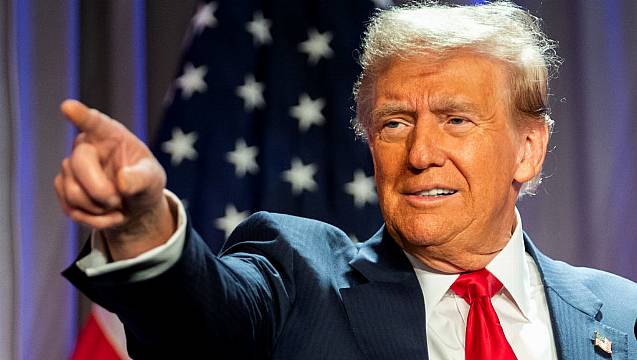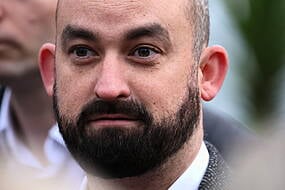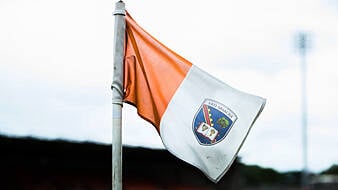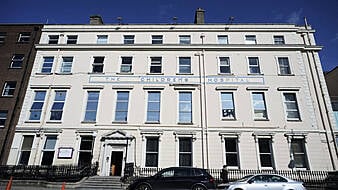While far-right ideology may not be as prominent in Ireland as other European countries, it is not immune to a wave of extremism fuelled by anti-immigration rhetoric, according to an expert in global extremism.
The Global Project Against Hate and Extremism (Gpahe) "centres its work on countering the threat from the far-right while emphasising human rights and progressive values".
The group has documented a "significant and disturbing response" from extremist groups following Donald Trump's US election win. Within hours of Mr Trump’s win, far-right factions, including the Proud Boys, neo-Nazi networks, and other white supremacist groups, celebrated the victory by calling for violence against targeted communities, the group said.
"This rhetoric includes vitriolic and threatening language towards political figures, women, and marginalised groups, alongside bold endorsements of the Project 2025 agenda—a Christian Nationalist blueprint for authoritarianism these groups claim aligns with their goals."
Gpahe also monitors far-right and extremist movements on a country-by-country basis.
Speaking to BreakingNews.ie, Global Project Against Hate and Extremism co-founder and president Wendy Via, said Ireland is not immune to these movements, adding that it is "no more or less prominent in Ireland".
"When we wrote our report, we got a lot of pushback, and people saying 'there's no far-right extremism in Ireland', 'we are evolved, and we don't have these issues'. But people in Ireland are just people, just like everyone else, and you do get these situations.
"I've been looking at Ireland for some time and The New York Times piece I worked on with a journalist looked at Ireland, Portugal and Germany.
"It is no more or less prominent in Ireland, but it is a fact. Whether or not far-right parties, who ride on things like anti-immigrant rhetoric, whether they gain electoral success or not is important, but it is not significant in that it means you have less of a problem."
Gaphe's Ireland report includes far-right parties such as the National Party and Irish Freedom Party, while various groups such as Seed of Ireland and Rise up Ireland also feature.

"There are Proud Boys in Ireland," Ms Via added. "I think the US exports a lot of hate and playbooks. We're getting to the point where it's so entrenched that representatives from different countries, it's like they're strategising together with their messaging."
This is an official branch of the American-based Proud Boys (PB), a white nationalist and misogynistic group founded by Canadian Gavin McInnes in 2016.
Canada banned the group in 2021 after several of its members were found to be involved in the January 6th US Capitol riots. The Proud Boys, who have chapters in other European countries, claim to be a “Western chauvinist” group, but their ideology ranges from white nationalist, to racist, to anti-LGBTQ+, to anti-Muslim and anti-woman.
Their events have often featured racial extremists from other hate groups. The Proud Boys stage frequent rallies in the US that often descend into violent street riots where members openly brawl with counter-protesters.
While the Irish faction is estimated to have 10 or less active members, there are over 1,000 followers on a Telegram account that includes "typical Proud Boy materials, featuring anti-immigrant, racist, and anti-woman materials".
Ireland has seen various anti-immigration demonstrations descend into violence, including at a site earmarked for refugees in Coolock, Dublin, while buildings have also been burnt out, often when rumours falsely identified them as sites for Direct Provision centres.
Ms Via said anti-immigration protesters who look to encourage violence will only be emboldened by the US president-elect's plan to deport millions of immigrants, many of whom are in America legally.
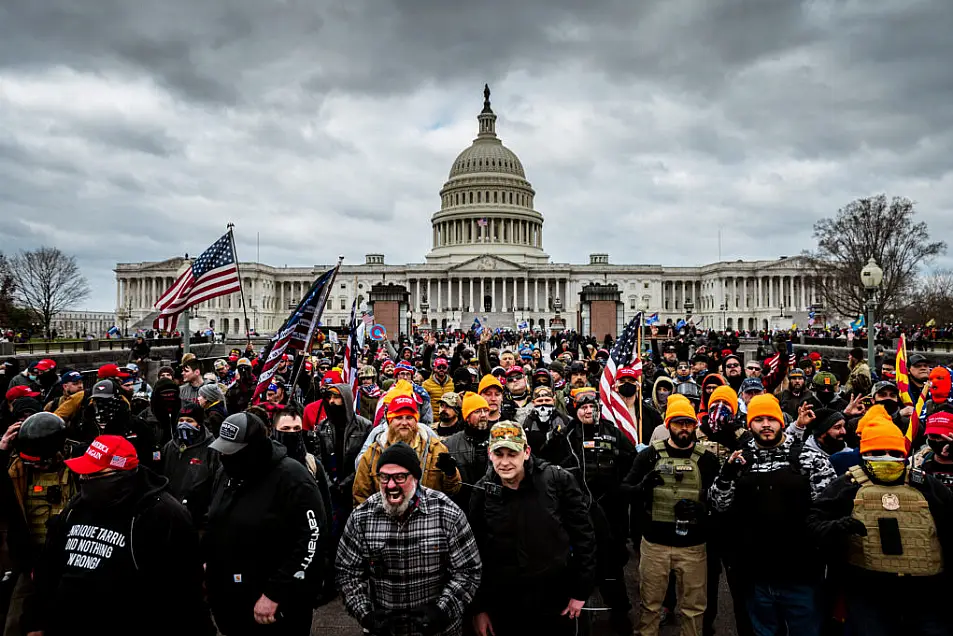
"Additionally, what has just happened in the United States with Trump's election, already the idea of rounding up people and deporting them, that has an impact worldwide, and it legitimises anti-immigrant actions in other countries, Ireland included."
Ms Via said the pushback her organisation received about its Ireland report was not primarily from far-right activists.
"It wasn't the far-right groups primarily, they always have something to say when we write a report and name people, but there was more public pushback in Ireland on the anti-LGBTQ stuff. The people who said it wasn't a problem were the people who didn't want it to be a problem."
While the far-right has gained virtually no electoral success in Ireland, Ms Via said the Government would be unwise to consider this proof that it poses no threat.
"When you have people questioning immigration from a good intentions standpoint, or from a racist standpoint, it does impact our political leadership, and it pulls them to the right. They may still believe in immigration and that it's their responsibility to take people in, but they move a little to the right, then a little bit more. That's what we're seeing across the globe is leadership bowing to the right.
"Whether it's real or imagined in some places, it's most definitely a flashpoint for every country.
"I do want to emphasise that I am not here to criticise Ireland in any way. I'm talking about how these movements work and how easily and quickly things can change if people in communities and in power, are not vigilant and aware. That way, problems are kept at the policy level, not dehumanisation level.
"Counter-narrative is very important. People being vocal about their positions is also crucial. This is the core of the democratic process."
Far-right activists played a prominent role in the Dublin riots in November 2023, and Ms Via said the messaging from An Garda Síochána in the aftermath of the incident was an example of how police forces should react.
At the time, Garda Commissioner Drew Harris attributed the riot to "hateful assumptions" based on material circulating online following an incident in which a man stabbed three young children and a care assistant outside a school.

She said Mr Trump's victory has increased the triumphalism in messages from anti-immigration activists in the US.
It has also increased European activity, with Martin Sellner, an Austrian far-right political activist, and leader of the Identitarian Movement of Austria, set to take part in a conference in the US soon.
Italy, France, Germany, they're all moving right. Ireland seems pretty strong, and I hope it remains so.
"Trump's election has completely emboldened the far-right movement along the spectrum from the street racist activists all the way to the far-right think-tanks.
"We see far-right extremism on that spectrum, but there is a direct line from one to the other.
"Across the world, these groups and movements have been vindicated and given permission to be the worst of the worst.
"English-speaking countries spread far-right ideas easily. The US and far-right think tanks are educating themselves on the European situation because, just like we did with this organisation, we realised you can't talk about this country by country, it's global. No matter how big the US is, it's a global thing, so how are they connected?
"Italy, France, Germany, they're all moving right. Ireland seems pretty strong, and I hope it remains so."
